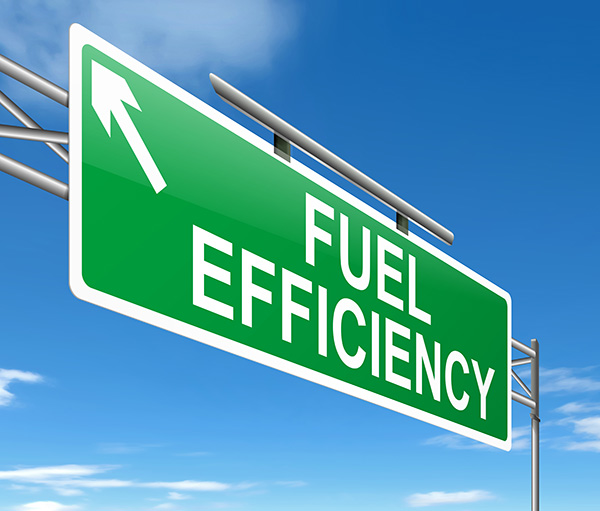
With rising fuel prices and growing concerns over environmental impact, improving your car’s fuel efficiency has never been more important. Whether you’re trying to save money at the pump or reduce your carbon footprint, small changes to your driving habits and vehicle maintenance routine can lead to significant improvements in fuel economy. If you’re wondering how you can maximize your car’s miles per gallon, here are some practical tips that can make a big difference.
Maintain Proper Tire Pressure
Did you know that something as simple as under-inflated tires can cost you extra at the gas pump? When your tires are not inflated to the manufacturer’s recommended pressure, they create more resistance with the road, forcing your engine to work harder to keep your car moving. This increased effort leads to higher fuel consumption. Regularly checking your tire pressure and keeping it within the recommended range can improve your car’s fuel efficiency by as much as 3%. Not only will this save you money on gas, but it will also help your tires last longer, saving you money on replacements.
Keep Your Engine in Optimal Condition
Your engine’s performance has a direct impact on your car’s fuel efficiency. A poorly maintained engine will consume more fuel than one that’s regularly serviced. Things like dirty air filters, worn-out spark plugs, and clogged fuel injectors can cause your engine to run inefficiently, burning more fuel than necessary. Regular maintenance, such as oil changes, air filter replacements, and engine tune-ups, can help keep your engine running smoothly and reduce fuel consumption.
If you're not sure when your engine last had a tune-up, or if you’re noticing signs of decreased performance like sluggish acceleration or increased fuel consumption, it may be time for a visit to your local repair shop for a thorough inspection.
Drive Smart: Avoid Aggressive Driving
The way you drive plays a crucial role in your car’s fuel efficiency. Sudden accelerations, hard braking, and speeding can all reduce your vehicle’s fuel economy. By driving more smoothly and maintaining a steady speed, you can maximize the fuel your car uses. Rapid acceleration can burn up to 30% more fuel on the highway and up to 40% more in the city. Instead, try to anticipate traffic conditions, coast when possible, and use cruise control on highways to maintain a consistent speed.
Slowing down also saves fuel. Most cars reach optimal fuel efficiency at speeds between 55 and 65 mph. Driving faster than this can cause a significant drop in MPG, especially at highway speeds where wind resistance increases. Keep in mind, even a small reduction in speed can make a noticeable difference in your fuel consumption over time.
Lighten Your Load
Carrying excess weight in your vehicle can drag down fuel efficiency. The more weight your car has to carry, the harder your engine has to work to maintain speed, leading to increased fuel consumption. Removing unnecessary items from your trunk or backseat can boost your fuel economy, especially on longer trips.
While it might be tempting to leave sports equipment, toolboxes, or other heavy items in your car, keeping your vehicle as light as possible is a simple way to save on fuel costs. If you don’t need that roof rack or cargo box, consider removing it too, as these accessories create additional drag and reduce aerodynamics.
Use Air Conditioning Wisely
Running your car’s air conditioning can significantly impact fuel efficiency, particularly in stop-and-go traffic or during short trips. When the AC is on, your engine has to work harder, which burns more fuel. To minimize fuel consumption, try to limit the use of air conditioning whenever possible. Instead, opt for rolling down the windows when driving at low speeds to let in the breeze.
At higher speeds, though, driving with the windows down can create additional drag, which may actually reduce fuel efficiency. So, on highways, it’s more fuel-efficient to use the AC sparingly and keep the windows closed.
Regular Maintenance Is Key
The overall health of your car plays a significant role in fuel efficiency. Keeping up with regular maintenance tasks such as oil changes, filter replacements, and alignment checks can ensure that your vehicle runs at peak performance. Regularly inspecting and replacing worn-out components helps reduce friction, improve engine efficiency, and ensure that all systems are working in harmony.
If you’re serious about maximizing your car’s fuel efficiency, routine check-ups at our repair shop should be part of your strategy. The investment you make in maintaining your vehicle will pay off through savings at the pump and a longer lifespan for your car.
Get the most out of every gallon. Visit Robbie’s At Your Service for professional maintenance and see how regular service can improve your car’s fuel economy. Book your appointment now!